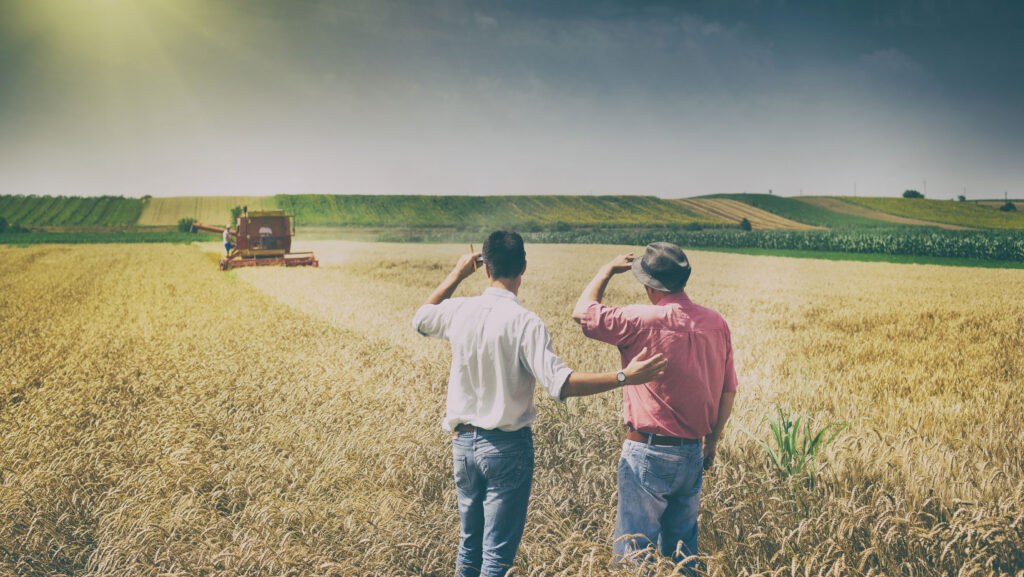Business Clinic: Succession decisions raise family concerns
 © Adobe Stock
© Adobe Stock Whether it’s a legal, tax, insurance, management or land issue, Farmers Weekly’s Business Clinic experts can help.
Here, Joe Spencer, a partner at accountant MHA, advises on succession issues aimed at protecting the farming assets.
See also: Business Clinic: Valuing minority shareholding in farming company
Q. My wife and I farm about 160ha of arable in partnership and are both in our late sixties. We do most things ourselves, but over the past few years have started working together with my nephew, who farms next door. We have also been getting some help from our only grandson who has just left school.
We would like to start passing the farm on, but we only have our state pensions so would need to continue drawing something from the farm. We have a daughter, but she has no interest in the farm and is no good with money. Also, her personal life is a bit of a mess. She was divorced and after a string of failed relationships she told us last week she will be marrying someone she met six months ago, as soon as his divorce comes through.
Of course, we hope it works out, but ultimately, we would like the farm to pass to our grandson. What can we do?
A. After the Budget, there are many farm owners considering their circumstances. There are three issues to be unpacked here.
The big issue is succession, and from what you say this may be an opportunity to jump a generation so that your grandson becomes the direct successor.
He is probably a bit young to make this decision yet, but if perhaps he combines work for you (and perhaps your nephew too) with some relevant formal training, he may be ready to take over in a few years.
Consider trusts
I sense you would also like to help your daughter, and the solution may be to move half of the land into trusts, probably with discretion for capital and income to be passed to her or her son as the trustees see fit.
Initially you would be the trustees, so you can pass income to either beneficiary annually, and retain the land in trust until you decide who should inherit.
It is tempting to see trusts only as tax-saving vehicles, but they can also be genuinely practical solutions to problems of this type.
Second, on an operational level, you seem to have already come halfway to a solution.
Your nephew appears to have spare capacity and if he starts to work with you in a more structured way, you may be able to increase your efficiency and reduce your machinery to free up cash for you while your grandson takes on day to day roles in between his studies.
Tax considerations
Third, there is tax to consider. A reorganisation along these lines, combined with wills, which deal with the rest of the farm in a similar way (and which can be revised in a few years when things are clearer), will go a long way towards bringing tax charges on death down to a manageable figure.
You do need to be careful to avoid retaining any benefit from the assets which you are giving away now though, so, for example, the farm will need to pay a market rent to the trust (otherwise the gift will not be effective for inheritance tax purposes).
Ultimately you will still retain control over what happens to the farm for several more years and can continue to draw income from half of it whilst deciding whether to distribute the trust income and if so, who it should go to.
If your grandson does take over, you could still leave some or all of the land in the trust to provide modestly for his mother if necessary, during her lifetime.
You will also make tax planning for your ultimate successor a bit more flexible.
Do you have a question for the panel?
Outline your legal, tax, finance, insurance or farm management question in no more than 350 words and Farmers Weekly will put it to a member of the panel. Please give as much information as possible.
Email your question to FW-Businessclinic@markallengroup.com using the subject line “Business Clinic”.
